
The Smashing Machine (dir. Benny Safdie)
Certificate: 15
Running Time: 123 mins
UK Distributor: Entertainment Film Distributors
UK Release Date: 3 October 2025
WHO’S IN THE SMASHING MACHINE?
Dwayne Johnson, Emily Blunt, Ryan Bader, Bas Rutten, Oleksandr Usyk, Lyndsey Gavin, Satoshi Ishii, James Moontasri, Yoko Hamamura, Stephen Quadros, Paul Cheng, Cyborg Abreu, Andre Tricoteux, Marcus Aurélio, Whitney Moore, Paul Lazenby, Olga Dzyurak, Eric Odbaatar, Zoe Kosovic
WHO’S BEHIND THE CAMERA?
Benny Safdie (director, writer, producer, editor), Eli Bush, Dany Garcia, Hiram Garcia, Dwayne Johnson and David Koplan (producers), Nala Sinephro (composer), Maceo Bishop (cinematographer)
WHAT’S IT ABOUT?
Former wrestler and MMA fighter Mark Kerr (Johnson) helps usher in a new era for the sport…
WHAT ARE MY THOUGHTS ON THE SMASHING MACHINE?
Much has already been said about how Dwayne Johnson is out to prove something to the world and even to himself with his much-buzzed leading turn in The Smashing Machine. However, it is the film’s director, writer, producer and editor Benny Safdie who arguably has the larger hurdle to overcome, for he isn’t just making his solo filmmaking debut after previously collaborating with brother Josh on films like Uncut Gems and Good Time, but he is also announcing himself as a talent who, much like Johnson, no longer wants to be seen as just one thing.
Absent is much of the anxiety-inducing chaotic tension that Safdie became known for alongside his brother, replaced with a slightly more optimistic tone that still carries a certain amount of natural grittiness, albeit within a better controlled filmmaking environment. While hints of his previous work remain, this is nonetheless a very different Benny Safdie than we’ve seen before, one who can still tell a down-and-dirty story while following certain guidelines that are more within the Hollywood playbook.
Even still, the results are somewhat mixed. As much effort as both Safdie and Johnson have clearly put into reinventing themselves, it is an oddly detached film that means well enough but offers surprisingly little tissue underneath all the muscle.
In Safdie’s film, Johnson is placed under heavy prosthetics to portray Mark Kerr, a wrestler who soon makes the move into mixed martial arts, eventually becoming a pioneer for the sport amidst the growing popularity of the Ultimate Fighting Championship. Kerr is introduced as something of a gentle giant, hulking in form but soft-spoken and almost comically polite, maintaining good friendships with the fellow athletes he mercilessly beats upon in the ring, particularly Mark Coleman (Ryan Bader, himself an MMA champion) with whom he shares a pseudo-brotherly bond. Also by Kerr’s side is his girlfriend Dawn (Emily Blunt) who… well, we shall get to Dawn momentarily.
The film covers just a few years of Kerr’s career in the late 90s to early 2000s, which included his first major loss – something that Kerr, who’s so used to winning and the high he gets from emerging victorious in a match, cannot even comprehend – as well as his crippling addition to opioids and, eventually, competing for the world championship in Japan. It also focuses a great deal on his relationship with Dawn, especially as his addiction gets more and more untenable and her dependence on him becomes increasingly toxic for the both of them.
But even with all of that going on, The Smashing Machine still feels noticeably empty. Safdie isn’t quite able to find a compelling angle to make Kerr’s story feel deserving of the cinematic treatment, as his script offers few substantial stakes that heighten the drama, with most conflicts being resolved quickly without much incident or turning out to not even be conflicts at all. Moreover, it feels as though there are huge chunks of this story that are missing, with there being virtually no progression with his opioid addiction as he’s already injecting the medication into his veins like it’s heroin by the time we meet him, while a pivotal scene that leads to his recovery is told either off-camera or in heavily descriptive exposition.
Perhaps more crucially, we never really get to form a coherent emotional connection with these characters. Through no fault of the actors, especially Johnson who undoubtedly delivers his greatest performance to date, the likes of Kerr and other prominent UFC figures depicted here remain strangely one-note throughout most of it, rarely shying away from their soft-spoken nature to express many genuine feelings. Beyond what is presented at face value, you don’t really get much insight making it.
And then there’s Dawn, an utterly contradictory character who’s near-impossible to figure out as she’s either simply there to fill the stock “supportive partner” role who shows deep concern for Kerr, or incredibly manipulative and borderline psychologically abusive towards him, sometimes out of nowhere like when she attempts to lure him back to addiction when she decides he’s better in that condition, after crying on the phone after finding him unresponsive from an overdose. Blunt is innocent, as she is at least trying to engage some humanity into such a poorly-conceived character, but Dawn is such a walking red flag that you’re baffled as to how they’re even together in the first place (their initial meeting is, once again, entirely off-screen), let alone remain together for as long as they do.
At this point, it’s worth mentioning that this film is a loose dramatisation of the 2002 documentary of the same name, and Safdie’s direction takes a naturalistic fly-on-the-wall approach to his camerawork and his actors’ performances that closely replicates that film’s documentarian aesthetic and structure. However, it appears that the line between documentary and drama has been neglected, as there are different rules to both that work for their individual selves but not as much when crossed over. For instance, a documentary can get away with relying on exposition to detail scenes that we never see since nobody was there to film them as they were happening, and also with depicting people as fairly one-note without diving deeper into their inner emotions, as it’s meant to present them just as they are with brief hints at further characterisation.
But in the world of scripted drama, there simply has to be more. You need deeper insight into these people’s inner needs and desires, otherwise it becomes harder to determine how they may be feeling in moments where you’re meant to empathise with them. You have to provide the viewer with a story that carries compelling themes and offers characters who are interesting and complex, or else they just come across as bland and hollow. The Smashing Machine only ever hints at these things, never truly exploring them in ways that make the film more engaging or insightful than the documentary that already exists. Safdie, for all his talents, isn’t able to crack how to bring Mark Kerr’s story to dramatic fruition, as his film is filled with events simply happening without going much further beneath the surface, which makes it feel much colder than it perhaps intended to come off as.
At least Johnson is giving it his all, in an emotionally vulnerable lead turn that emerges as the film’s most consistent highlight, and if nothing else The Smashing Machine hints at greater things to come for this new phase of his acting career. Safdie, on the other hand, taps out with a well-made but ultimately empty experience that doesn’t yet prove his strength away from his brother’s side. Josh, incidentally, has Marty Supreme coming out later this year, and hopefully it contains everything that Benny’s film doesn’t.
SO, TO SUM UP…
The Smashing Machine is a disappointing mixed bag, for despite Dwayne Johnson’s career-best lead turn and well-intentioned filmmaking by Benny Safdie, it comes up empty on both emotional investment and narrative coherence.





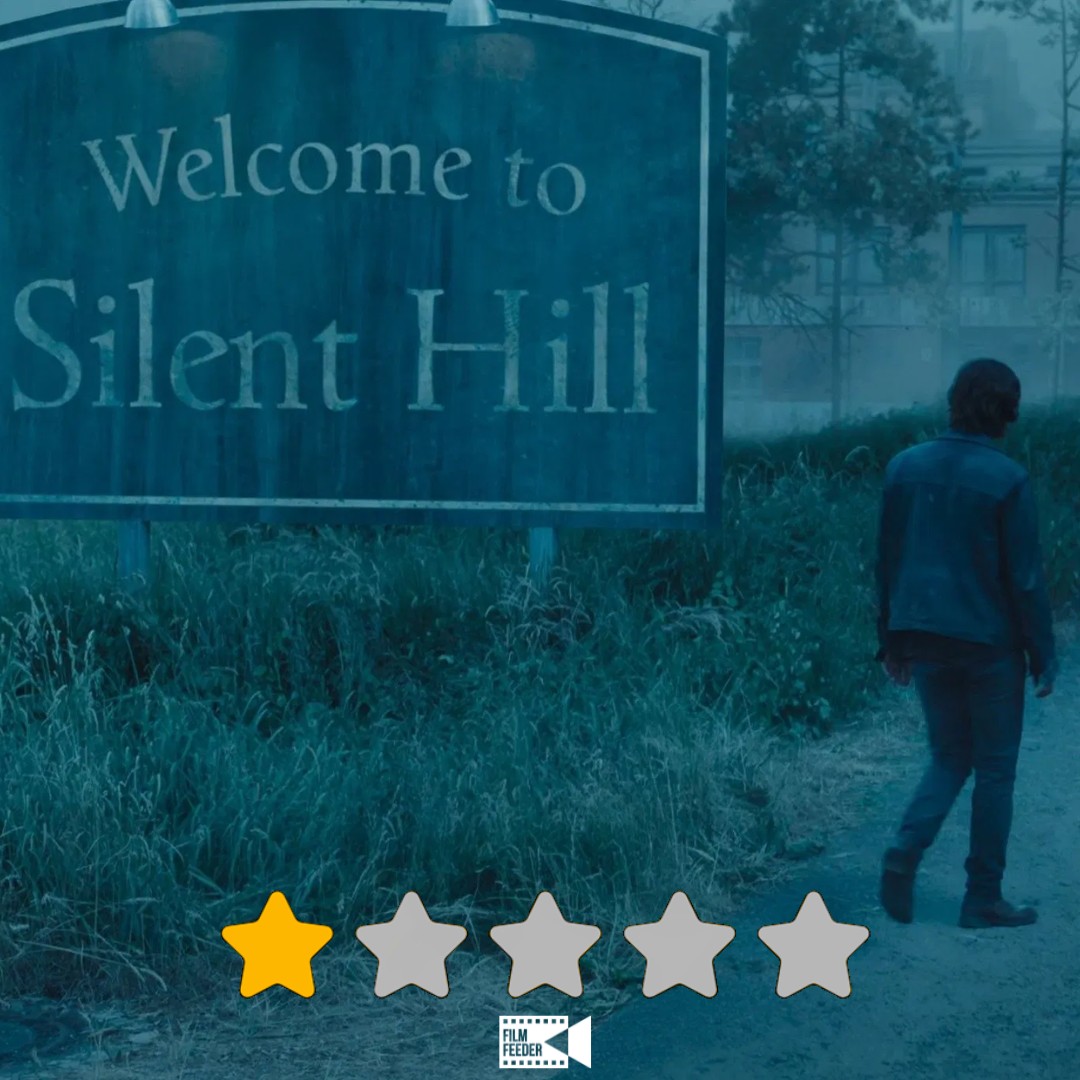
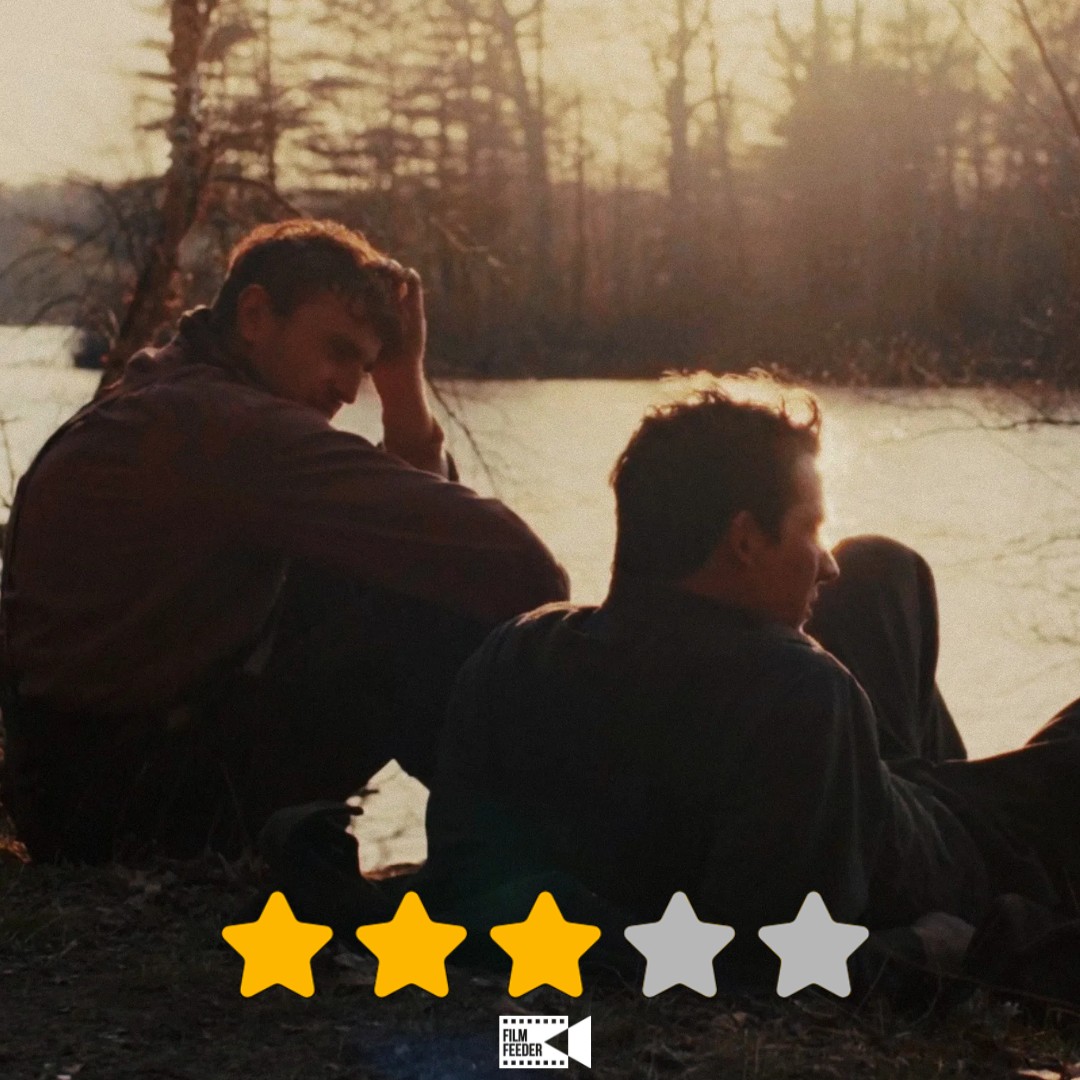
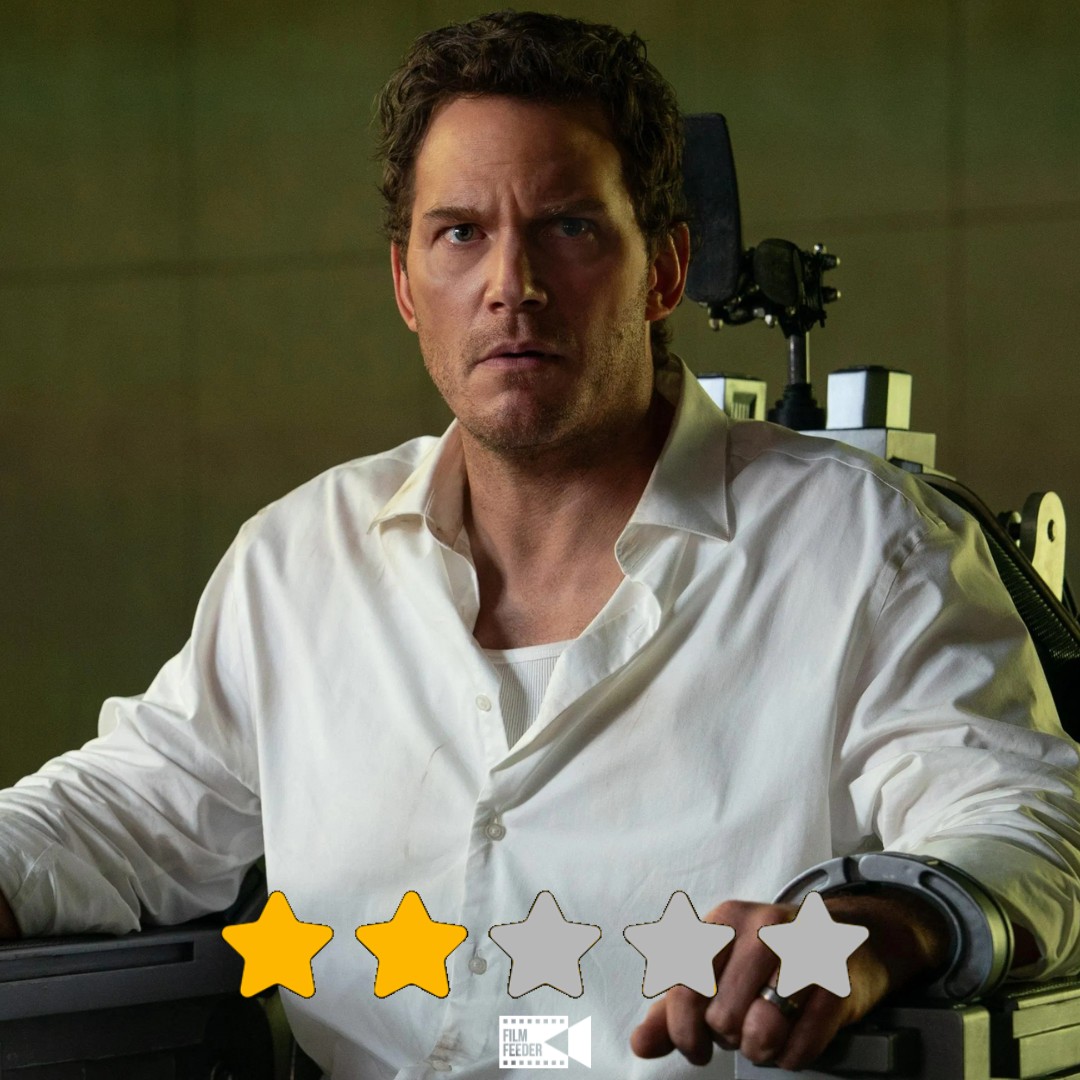

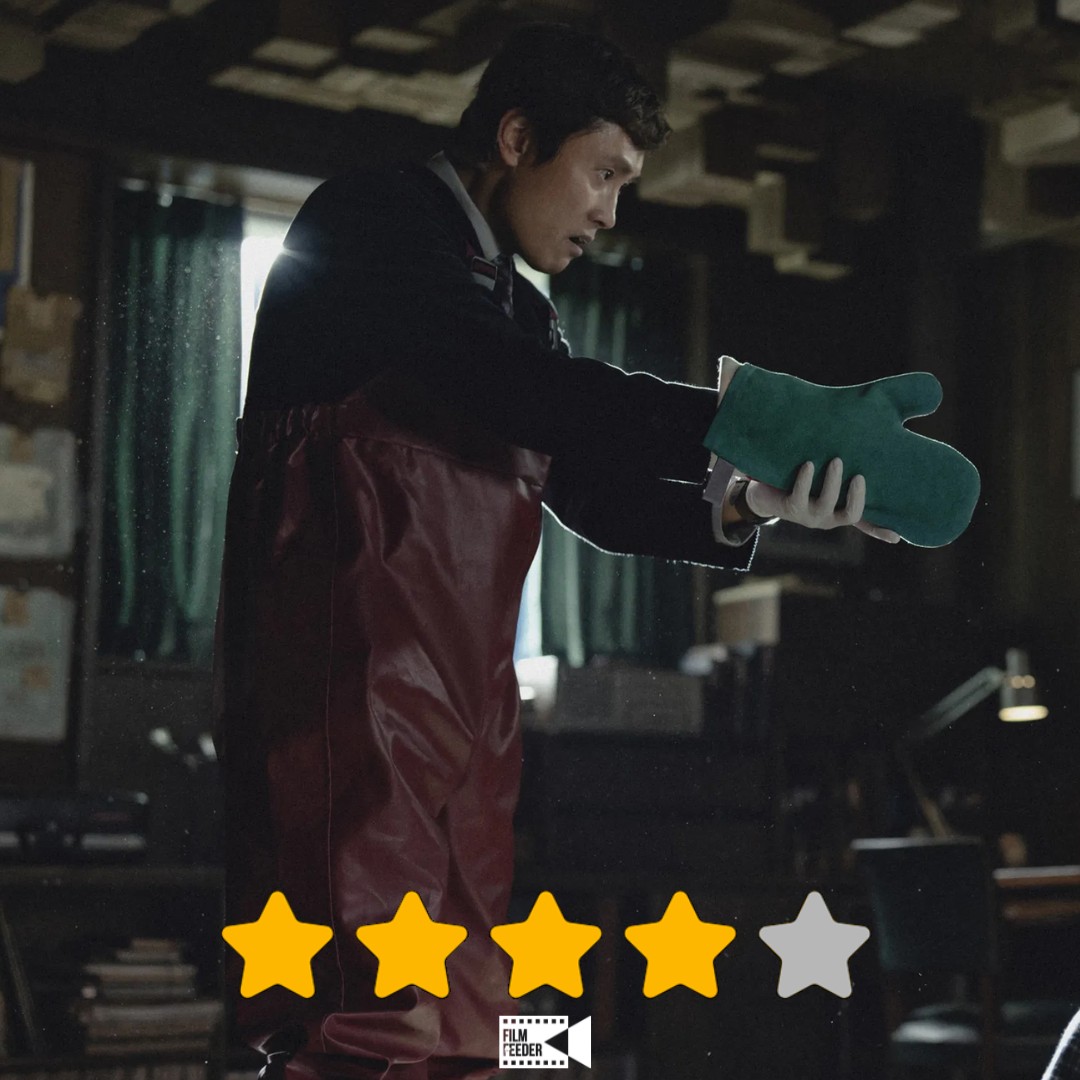
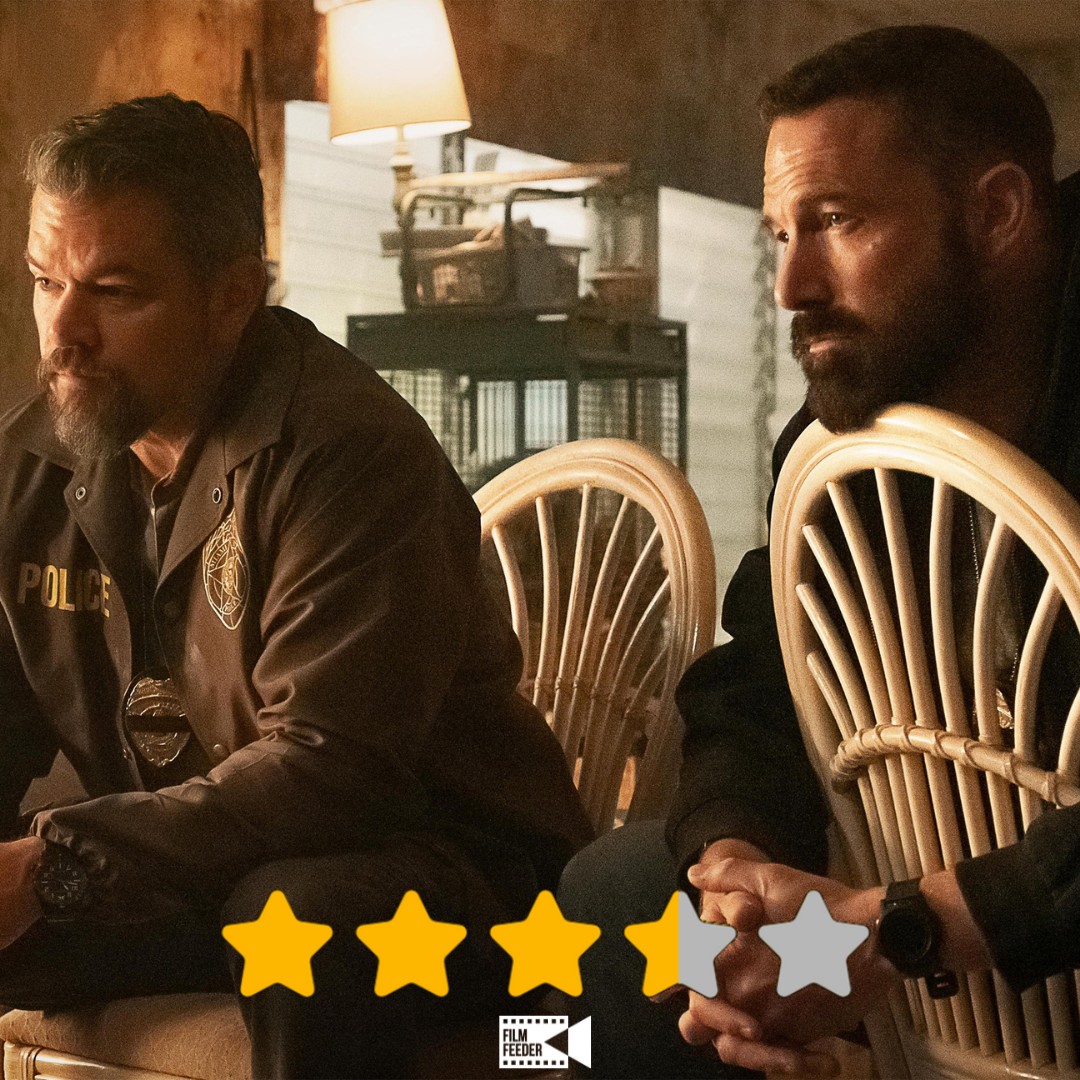
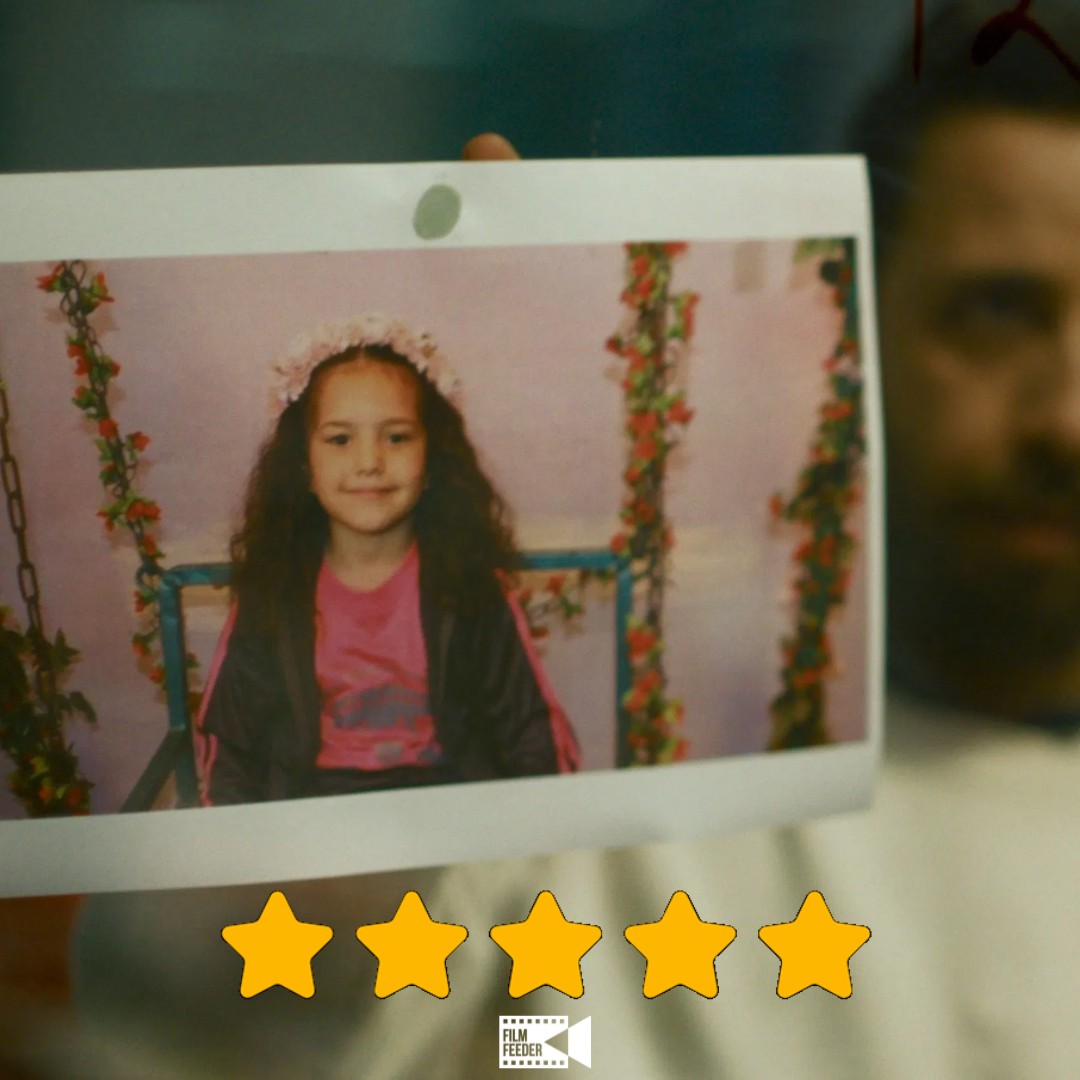


“The Smashing Machine” directed by Benny Safdie already sounds intense and gripping!